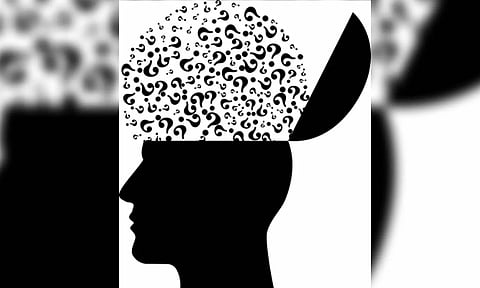

LONDON: In a first, researchers have found that Alzheimer's symptoms can be transferred to a healthy young organism via the gut microbiota, confirming its role in the disease.
The study, led by University College Cork (UCC) in Ireland, supports the emergence of the gut microbiome as a key target for investigation in Alzheimer's disease due to its particular susceptibility to lifestyle and environmental influences.
Published in Brain, the study shows that the memory impairments in people with Alzheimer's could be transferred to young animals through transplant of gut microbiota.
Alzheimer's patients had a higher abundance of inflammation-promoting bacteria in faecal samples, and these changes were directly associated with their cognitive status.
"The memory tests we investigated rely on the growth of new nerve cells in the hippocampus region of the brain. We saw that animals with gut bacteria from people with Alzheimer's produced fewer new nerve cells and had impaired memory," Professor Yvonne Nolan from the varsity.
"People with Alzheimer's are typically diagnosed at or after the onset of cognitive symptoms, which may be too late, at least for current therapeutic approaches. Understanding the role of gut microbes during prodromal -- or early stage- dementia, before the potential onset of symptoms may open avenues for new therapy development, or even individualised intervention," said Professor Nolan.
Alzheimer's is the most common cause of dementia, a general term for memory loss and other cognitive abilities serious enough to interfere with daily life. As our population ages, one in three people born today are likely to develop Alzheimer's.
“The study represents an important step forward in our understanding of the disease, confirming that the make-up of our gut microbiota has a causal role in the development of the disease,” said Sandrine Thuret, Professor of Neuroscience at King's College London.